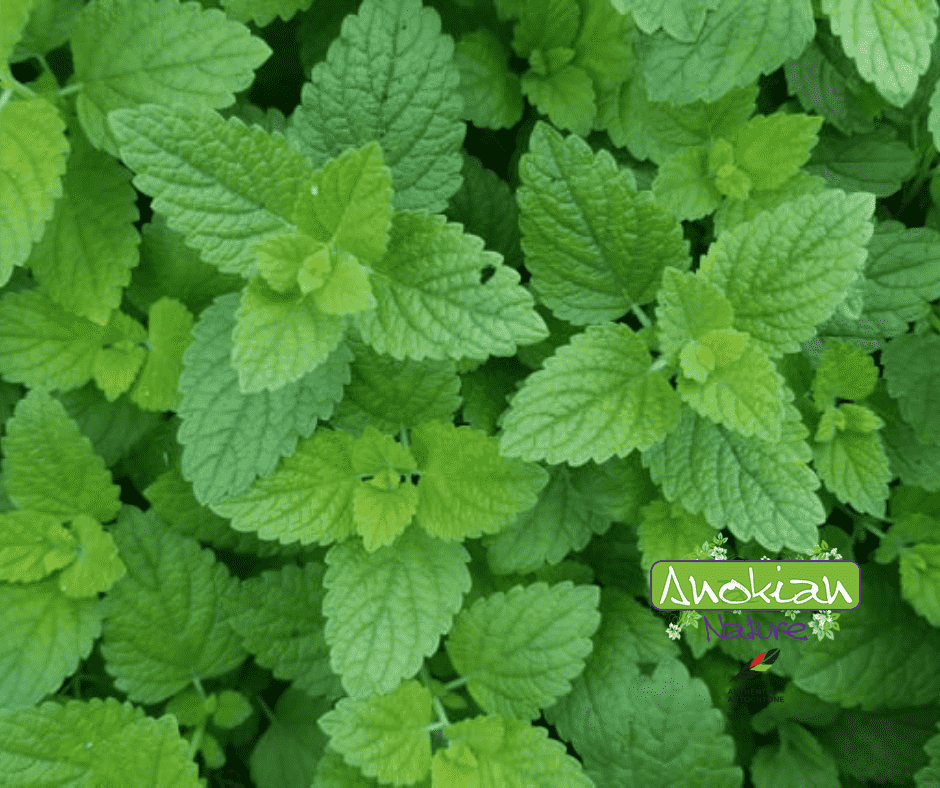Skip to product information










Seed | Lemon Balm
$3.99 CAD
Quantity
Lemon Balm seeds produce an aromatic perennial with lemon-scented leaves. A medicinal and honey-producing plant, ideal for herb gardens and herbal teas.